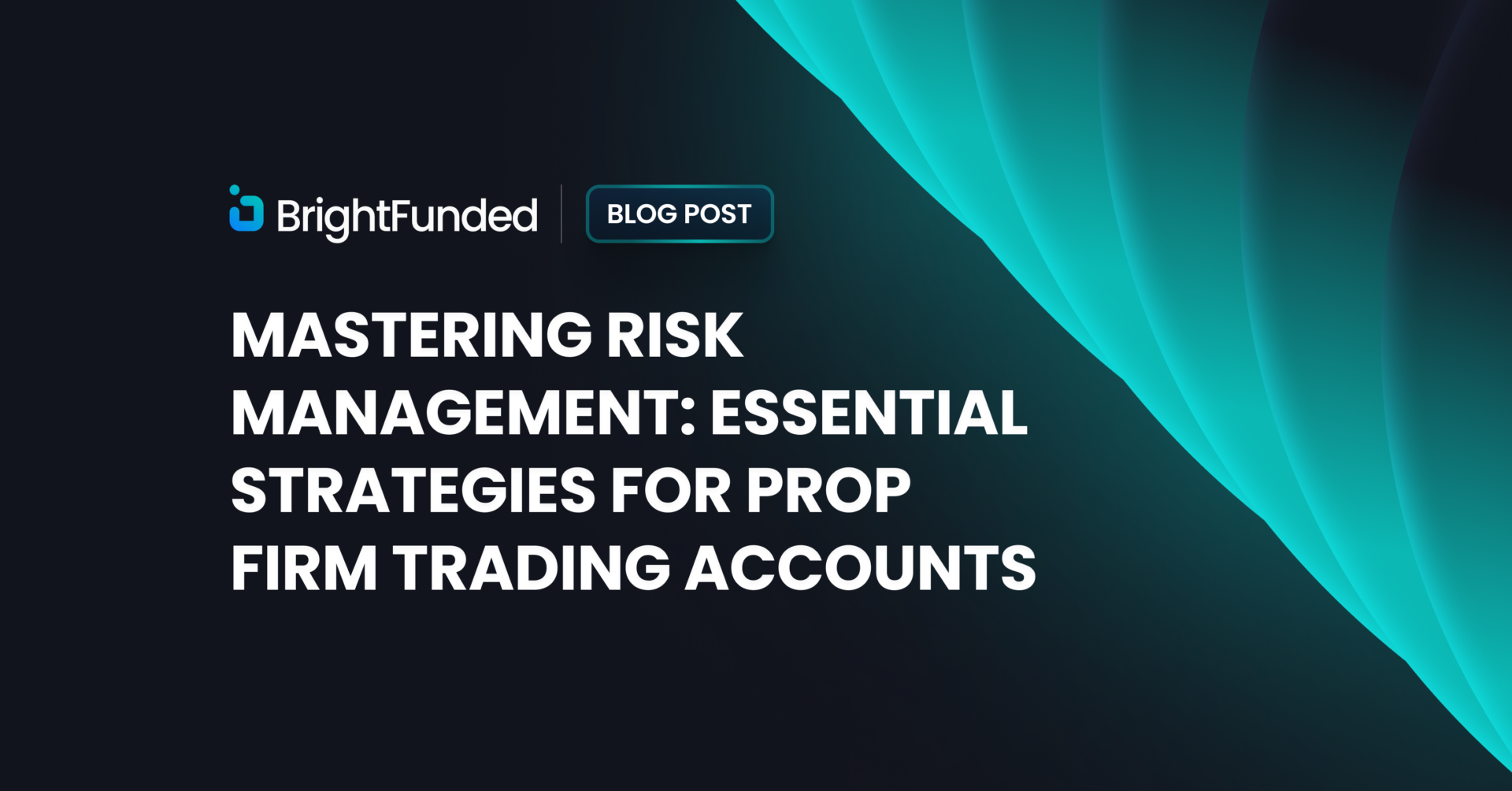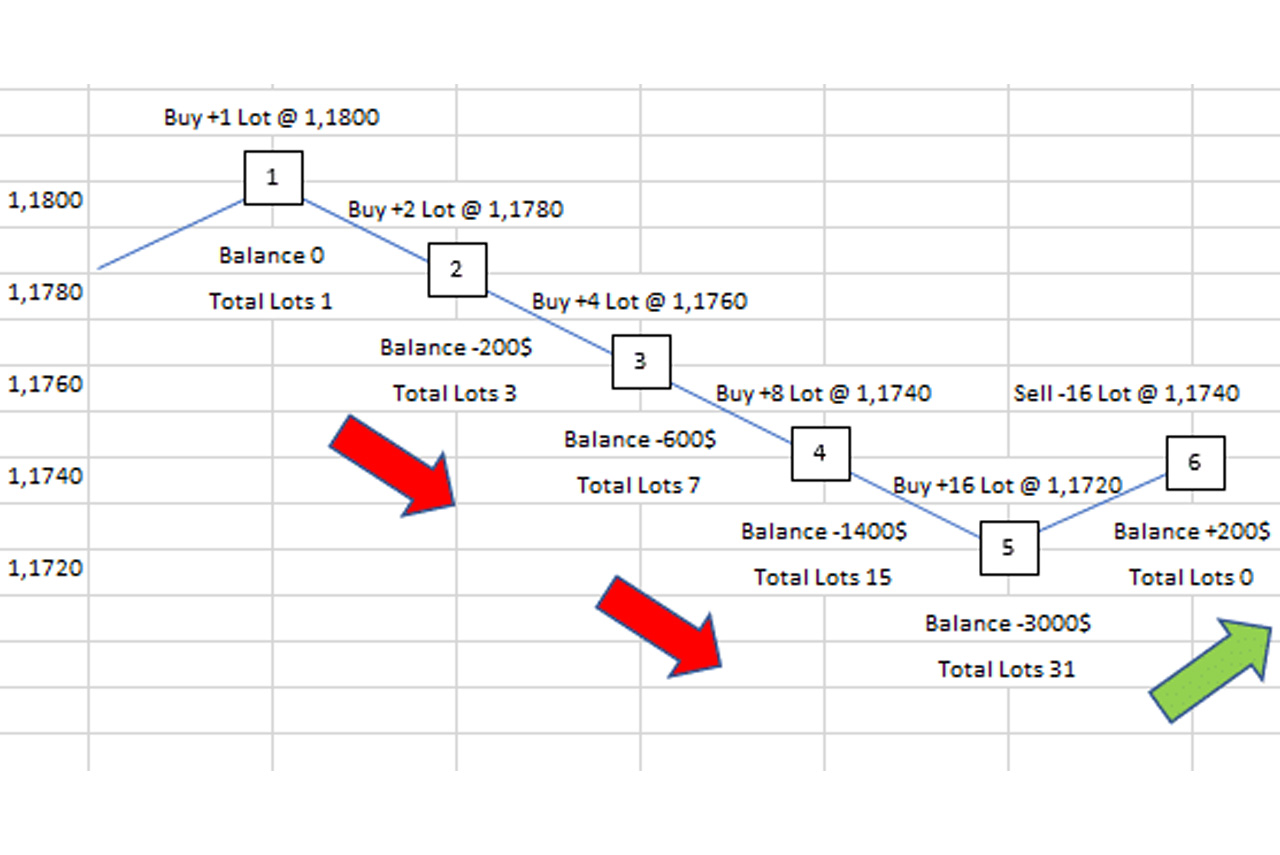Did you know that some traders start with a whopping $0 and still make a fortune? Enter prop firms—innovative platforms that empower advanced day traders by providing capital, resources, and a structured environment. This article dives into the workings of prop firms, exploring how they support traders through funding, risk management, and education. From understanding profit-sharing models to evaluating performance and compliance, we cover all the essentials for traders looking to thrive in this unique landscape. Discover how DayTradingBusiness can guide you in navigating the world of prop firms and maximizing your trading potential.
What Are Prop Firms and How Do They Work?
Prop firms, or proprietary trading firms, provide capital to skilled day traders to trade with the firm's money. They support advanced traders by offering leverage, training, and resources, allowing traders to maximize their strategies without risking personal funds. Traders typically go through an evaluation or challenge to prove their skills before gaining access to the firm's capital and sharing in profits.
How Can Prop Firms Help Advanced Day Traders?
Prop firms provide advanced day traders with capital, allowing them to scale their trading without risking personal funds. They offer access to sophisticated trading tools, real-time data, and mentorship, boosting trading efficiency. Prop firms also share risk, so traders can take larger positions and aim for bigger profits. Additionally, they often set flexible trading parameters, helping skilled traders refine their strategies in a supportive environment.
What Are the Benefits of Trading with a Prop Firm?
Trading with a prop firm offers access to substantial capital, eliminating the need for personal funds. It provides professional risk management tools and structured trading programs that help refine strategies. Prop firms also offer mentorship, training, and a supportive community, boosting skill development. Traders keep a larger share of profits compared to retail trading, and the firm handles back-office tasks, letting traders focus on execution. Overall, they accelerate growth and provide stability for advanced day traders aiming to scale their operations.
How Do Prop Firms Fund Day Trading Accounts?
Prop firms fund day trading accounts by providing capital in exchange for a share of profits. Traders usually pass an evaluation process or prove their skill through a trading challenge. Once approved, the firm supplies the trading account, covering costs like platforms and data feeds. They often set trading rules and risk limits to protect their investment. Profit splits typically range from 50% to 80%, depending on the firm's policy.
What Are the Requirements to Join a Prop Firm?

To join a prop firm, you typically need to pass an evaluation or trading assessment, demonstrate consistent profitability, and meet minimum capital or experience requirements. Some firms require a background check or interview, while others focus on your trading strategy and risk management skills. You usually pay a fee for the evaluation or training, and having a solid track record in trading helps. Overall, they seek traders who can manage risk well and show profitability under firm conditions.
How Do Prop Firms Evaluate Trader Performance?
Prop firms evaluate trader performance by analyzing profitability, consistency, risk management, and adherence to trading rules. They track profit margins, drawdowns, and trade quality over a set period. Successful traders demonstrate steady gains without excessive risk, showing discipline and skill. Firms often review trading logs, profit/loss ratios, and adherence to risk limits before offering capital or advancing traders.
What Are the Typical Profit-Sharing Models in Prop Firms?
Prop firms typically use profit-sharing models like split percentages, where traders keep 50-80% of their profits, often after hitting a certain profit target. Some firms also offer a tiered system, increasing the trader’s share as they generate more profit. Others use a fixed percentage split, such as 70/30, with the firm taking the larger cut until the trader reaches a set profit milestone. In some cases, profit sharing is combined with drawdowns and risk management rules, ensuring the firm’s investment is protected while rewarding traders’ performance.
How Do Prop Firms Manage Risk for Traders?
Prop firms manage risk by setting strict trading limits, such as maximum daily losses, and monitoring traders constantly. They use proprietary algorithms to track performance and flag risky behavior. Traders often have to pass evaluation phases, ensuring they manage risk effectively before trading with firm funds. Risk is also controlled through diversified trading strategies and strict adherence to predefined rules. If a trader hits the loss cap, they’re temporarily or permanently barred from trading. This approach keeps the firm’s capital safe while supporting skilled traders.
What Are the Costs and Fees Associated with Prop Firms?
Prop firms typically charge an evaluation or training fee, which can range from $100 to $500. They often take a cut of your profits, usually 20% to 30%. Some firms have monthly desk fees or platform costs. If you fail the evaluation, you might pay again for another attempt. Overall, costs include initial fees, profit splits, and sometimes ongoing platform or data fees.
How Do Prop Firms Support Trader Development and Education?
Prop firms support trader development by providing structured training programs, mentorship, and access to proprietary trading tools. They often offer educational resources like webinars, workshops, and real-time market analysis. Traders gain experience through simulated trading environments before risking real capital, and ongoing feedback helps refine their strategies. This support accelerates skill growth and builds confidence for advanced day traders.
Learn about How Do Prop Firms Support Day Traders?
What Are the Risks of Trading Through Prop Firms?

Trading through prop firms carries risks like losing your capital if you don’t meet their strict profit targets or risk management rules. They often impose tight trading limits, which can restrict your strategies. There's also pressure to perform consistently, leading to stress and potential burnout. If you violate their rules, you risk losing your trading account and any invested capital. Additionally, some prop firms have hidden fees or withdrawal restrictions.
Learn about The Risks and Rewards of Trading Through Prop Firms
How Do Prop Firms Differ from Traditional Brokerage Accounts?
Prop firms provide traders with capital to trade, unlike traditional brokerage accounts where traders use their own money. They often share profits and require traders to meet performance targets, focusing on skill and consistency. In contrast, brokerage accounts are personal funds with no profit split or performance pressures. Prop firms also offer specialized training, better leverage, and access to proprietary trading technology, supporting advanced day traders in scaling their strategies.
Learn about How Do Prop Firms Fund Day Trading Accounts?
What Trading Strategies Are Preferred by Prop Firms?

Prop firms prefer trading strategies like high-frequency trading, scalping, and momentum trading. They also favor chart patterns, technical analysis, and statistical arbitrage. These strategies aim for quick, consistent profits and require strict risk management. Prop firms support traders with capital, technology, and risk controls to execute these aggressive approaches effectively.
How Do Prop Firms Impact Day Trader Income Potential?
Prop firms provide capital, allowing advanced day traders to trade larger positions without risking their own money. They often share profits, boosting potential income significantly. With access to better leverage and resources, traders can increase earnings, but they also face higher performance expectations and profit splits. Overall, prop firms can elevate a trader’s income potential by offering funding and support that individual traders can't access alone.
Learn about How Do Prop Firms Impact Day Trading Profitability?
What Are the Common Contracts and Agreements with Prop Firms?
Common contracts with prop firms include trading agreement, profit split agreement, confidentiality agreement, non-compete clause, and funding agreement. These contracts trader responsibilities, profit sharing terms, confidentiality, and restrictions on trading after leaving. They also specify leverage, trading rules, and risk management protocols the trader must follow.
How Do Prop Firms Ensure Compliance and Regulation?
Prop firms ensure compliance and regulation by adhering to financial industry standards, implementing strict internal policies, and performing regular audits. They register with relevant authorities, follow anti-money laundering laws, and enforce risk management protocols. Traders must meet specific onboarding requirements, and firms monitor trading activity to prevent fraud. Compliance teams oversee adherence to legal and regulatory frameworks, ensuring transparent operations for advanced day traders.
What Tools and Technology Do Prop Firms Provide?
Prop firms provide advanced traders with trading platforms like MetaTrader or proprietary software, real-time market data feeds, risk management tools, and capital allocation. They often supply back-office systems, analytics, and training resources to improve trading strategies. Some also offer algorithmic trading tools and access to exclusive markets or liquidity pools.
How Can Advanced Traders Find the Right Prop Firm?
Advanced traders find the right prop firm by researching firms with strong reputations, flexible trading conditions, and favorable profit splits. They look for firms that offer advanced trading platforms, competitive leverage, and clear payout structures. Networking with other professional traders and reading reviews helps identify firms that support high-level strategies. Testing different firms through trial accounts or small funding rounds ensures compatibility with their trading style. Ultimately, choosing a prop firm depends on alignment with their trading goals, risk management support, and the firm's reputation for transparency.
What Is the Future of Prop Trading in the Market?
Prop trading is likely to evolve with increasing automation, AI, and data analytics, making strategies more sophisticated. Prop firms will continue to support advanced day traders by providing capital, cutting-edge technology, and research resources. Expect more focus on algorithmic trading and machine learning to gain an edge in fast-moving markets. As regulation tightens, prop firms may also emphasize risk management tools to protect both traders and their capital. Overall, prop trading will stay competitive by blending human skill with tech-driven insights.
Conclusion about What Are Prop Firms and How Do They Support Advanced Day Traders?
In conclusion, prop firms play a crucial role in the ecosystem of advanced day trading by offering funding, resources, and a structured environment for traders to thrive. They not only provide capital but also invaluable support in risk management and trader development. For those looking to maximize their trading potential, aligning with the right prop firm can significantly enhance income opportunities and trading strategies. By leveraging the expertise and tools offered by firms like DayTradingBusiness, traders can navigate the complexities of the market more effectively and achieve their financial goals.
Learn about How Do Prop Firms Support Day Traders?